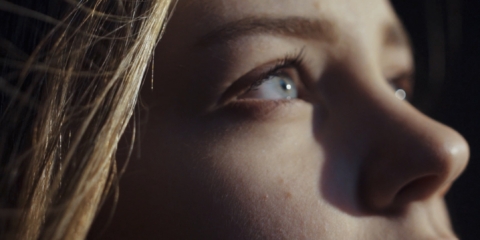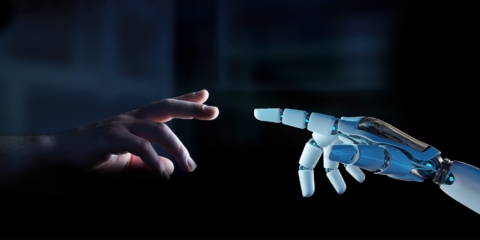Would you like to get notifications from Christian?
What happened? In a groundbreaking experiment, AI has successfully mimicked philosopher Daniel Dennett. The researchers, led by Eric Schwitzgebel, Anna Strasser, and Matthew Crosby, used OpenAI’s GPT-3 model to process millions of Dennett’s words on AI, human consciousness, and related philosophical topics. They found that it wasn’t always easy to distinguish real quotes from comments by the AI. This raises some interesting questions about the nature of artificial intelligence and human consciousness.
Why is this important, and how will this impact people and our society? Philosophers have long debated the nature of consciousness and free will. Can machines be conscious? Do we have free will? These important questions impact how we think about ourselves and our place in the world. This experiment shows that AI is getting closer to mimicking human thought. The more we develop these new AI-powered technologies, the better we understand how intelligence and consciousness are related and what the implications are for human-machine interaction. As AI gets more sophisticated, we must stay aware of the ethical implications of these advances.
The researchers plan to continue their experiment by asking the AI to mimic other philosophers. It will be interesting to see how well AI imitates different thinkers with different styles and approaches. This experiment is just a starting point for further exploration of the nature of AI and human consciousness.
Philosopher Daniel Dennett once said, “The first person to invent the automobile was not a mechanic; it was a philosopher.” With this experiment, it seems that history is repeating itself. Philosophers are at the forefront of exploring the implications of artificial intelligence. This experiment is just a starting point for further exploration of the nature of AI and human consciousness.
What do you think? Do you find this experiment fascinating or alarming? Share your thoughts in the comments below.
Author: Christian Kromme
First Appeared On: Disruptive Inspiration Daily
Christian is a futurist and trendwatcher who speaks about the impact of exponential technologies like AI on organizations, people, and talents. Christian tailors his presentations to your audience’s specific industries and needs.




Embracing the advancements of technology and AI can enhance our humanity. We can focus on developing our unique talents and skills by automating mundane tasks and freeing up our time. As humans, we can adapt and learn, allowing us to evolve and stay relevant in a rapidly changing world constantly.


Organizations will need to be more fluid, dynamic, and adaptable: the ability to change and adjust in response to new situations and environments. We are on the cusp of a new era of organizations, ones that are more fluid and agile and which behave like swarms we see in nature.




In the future, 3D printing and generative design will allow for products to be designed in a more decentralized manner, and production will take place closer to the customer and fully on-demand. 3D printing technology will also allow for more customization and personalization of products.


The agricultural industry is ripe for disruption. Robotics, AI, and IoT are all technologies that have the potential to radically transform the way we grow food. In combination with vertical farming, these technologies could increase the efficiency and quality of agricultural products.

A human-centered society is one that puts people first and where technology is used to unite and empower people. It is a society that values biological life and dignity above all else. It is a society that recognizes the importance of human relationships and works to strengthen them. In a human-centered society, all members of the community are valued and treated with respect.


The future of healthcare is here. New technologies like AI, IoT, big data, and smart sensors make it possible to become the CEO of your own health. Imagine that your phone can listen to your voice and AI algorithms can detect small nuances in the tone of your voice that indicate specific diseases.
